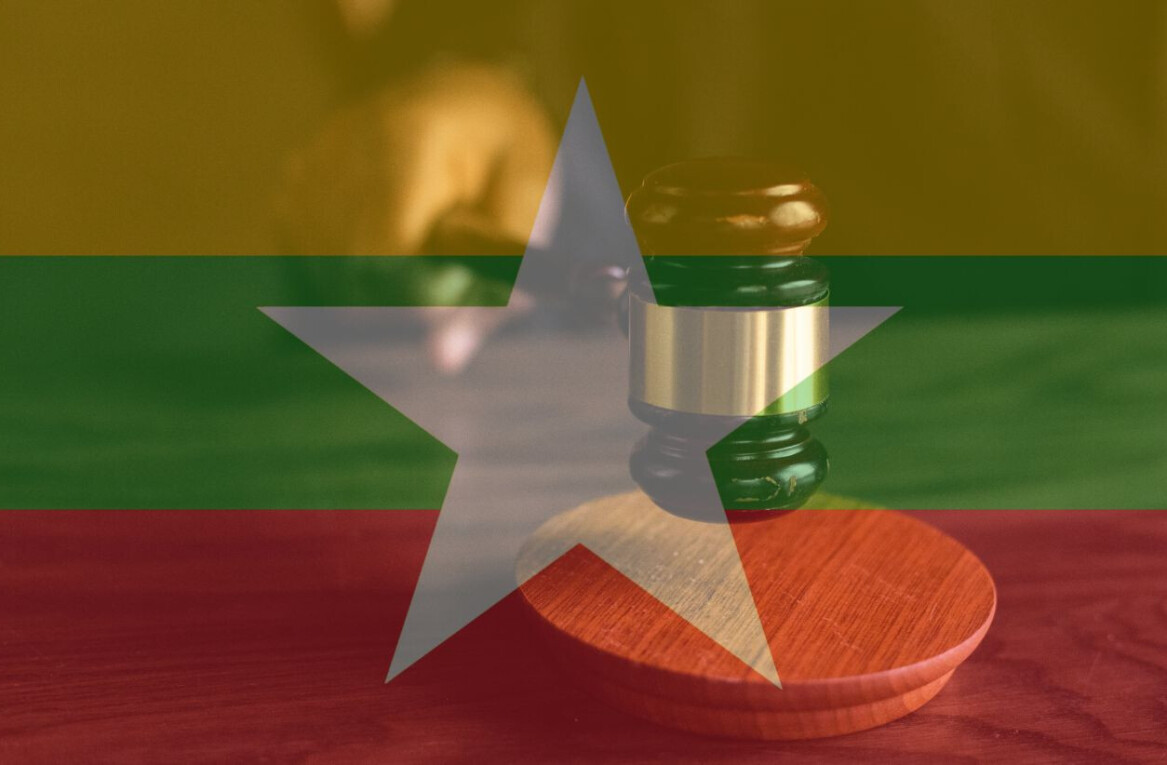
Facebook’s role in Egypt’s current state of affairs has once again begun to make headlines, but for a very different reason. While Facebook has often been linked to the Egyptian uprising which brought down the government of former president, Hosny Mubarak, the social network has now become a small but significant part of his ongoing trial.
The former president is facing charges of complicity in the deaths of protesters following the uprising that began on January 25, calling for him to step down. The first few sessions of the trial were aired live on Egyptian television, until the presiding judge, Ahmed Refaat, ruled that cameras would no longer be allowed in the courtroom. The trial has remained open, with the exception of certain testimonies. A media gag on the testimony of former vice president and intelligence chief, Omar Suleiman was ordered, as well as on upcoming testimonies of Field Marshall Hussein Tantawi and head of the Supreme Council of Armed Forces, army Chief of Staff, Samy Anan, current Minister of Interior, Mansour el-Issawy, and former Minister of Interior Mahmoud Wagdi.
While international and local media reported simply that the testimony had taken place, according to local Egyptian Arabic daily, al-Youm al-Saba’a [Arabic], a Facebook group supporting the former Egyptian president, going by the name, I am Sorry Mr. President, published the former Vice President’s testimony in its entirety on Facebook before quickly taking it down. The group, formed after Mubarak was forced to step down, has attracted over 100,000 members who are vehemently against the January 25 uprising, and of course, don’t believe that he should be standing trial.
Despite the media gag order, the Facebook group is said to have published the testimony, although it remains to be seen whether any legal action will be taken against them. The published testimony was in relation to whether or not Mubarak had given the order to use live ammunition on protesters during the 18 day uprising in Egypt.
This may be the first time Egyptian courts will have to face the realities of information leaking to the public through social media, but it isn’t the first time Facebook has been linked to a court-related debacle. In the UK, a juror and acquitted defendant were found guilty of communicating via social media during an on-going trial.
Whether or not the media gag is justified, this incident does call into question the role that social media plays in disseminating information, and the effects it can have on the outcome of a court case. Not only do sites like Facebook make it incredibly easy to reach hundreds of thousands of readers within minutes, it is also incredibly easy to retain that information, with nothing more than a screenshot.
Get the TNW newsletter
Get the most important tech news in your inbox each week.




